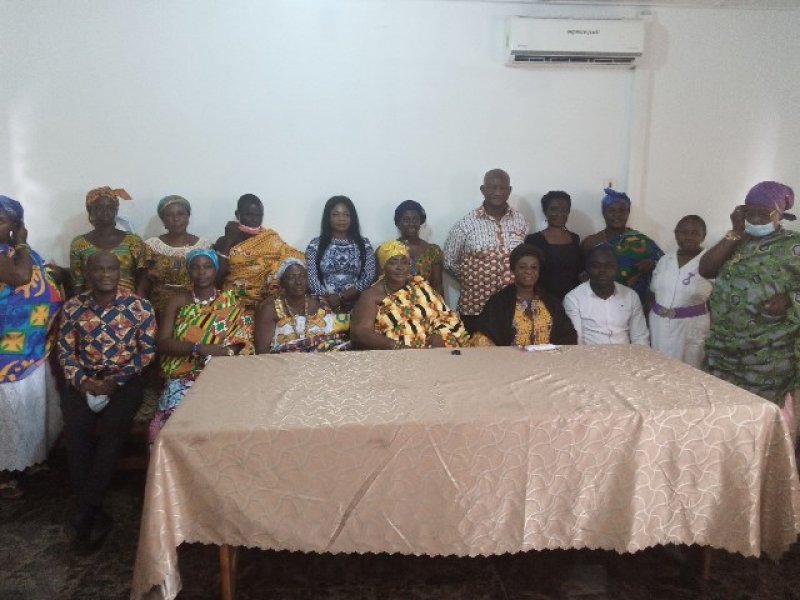About 70 babies in the country lose their lives every day due to premature births, infections and complications, Mrs. Patience Dapaah, Advocacy Advisor of PATH Ghana, a non-governmental organisation (NGO) has said.
PATH is an international NGO that drives transformative innovation to save lives and improve health, especially among women and children.
Mrs. Dapaah said though the country had made some progress, it was not enough and more must be done to reduce infant mortality.
The nation’s 2021 birth rate, according to the Ghana Health Service (GHS), stoode at 28.452 births per 1000 people, a 1.3 percent decline from 2020.
But, speaking at a day’s orientation workshop for New Born Care Champions in Sunyani on Monday, Mrs. Dapaah expressed worry about the current infant mortality rate, which she said stood at 33 deaths per 1,000 live births.
She said though there had been a decline of 2.87 percent in 2020’s figure of 33 out of every 1,000 babies born alive, there had been slow progress in reducing under-five, especially during the first 28 days of life.
PATH Ghana in collaboration with the GHS and other partners including; the Investment Fund Foundation and Kybele-Ghana, another NGO formed the New Born Care Champions.
It is an advocacy group, comprising civil society actors, traditional authorities, faith leaders, government functionaries, media and musicians in line with PATH-Ghana’s “Making Every Baby Count Initiative (MBECI two)”.
The project, according to PATH, was a continuation of the MBECI one and targets achieving 15 per cent reduction of institutional new born mortality of inborn neonates in the country by increasing the proportion of deliveries conducted by skilled birth attendants.
Mrs. Dapaah explained the MBECI one implemented between 2013 and 2018 helped the nation to increase the number of babies who received postnatal care by the 7th day of life and number of babies who received breast milk within one hour of birth and further increased the number of babies who were exclusively breastfed for six months.
The MBECI would however, build advanced clinical care and operational processes in four regional hospitals to care for small and sick newborn and improve staffing, equipment and supplies to support the provision of advanced clinical care.
It would also establish multi-layered data systems at the Regional Hospitals to measure clinical and operational processes and impact and advocate policy and internationally-accepted standards for advanced newborn care.
Dr Prince Quarshie, Deputy Director, Public Health, Bono Regional Health Directorate, lauded the formation of the group, as the GHS alone could not shoulder the responsibility of reducing infant and child mortality and advised traditional authorities, civil society actors and the media to support the activities of champions.
Nanahemaa Adjoa Awindor, a lead NewBorn Care Champion said infant deaths could be brought under control if pregnant women attended regular antenatal and postnatal clinics and also delivered at hospitals and health facilities.
She advised mothers to take good care of their babies and children and asked the Champions to intensify advocacy on child care in their respective communities.
Nana Yeboaa Pene II, the Queen of Chiraa and Benkumhemaa of the Dormaa Traditional Area, and a member of the Champions, advised parents to desist from maltreating their pregnant girls, but rather encourage them to attend antenatal clinics to protect their unborn babies.






